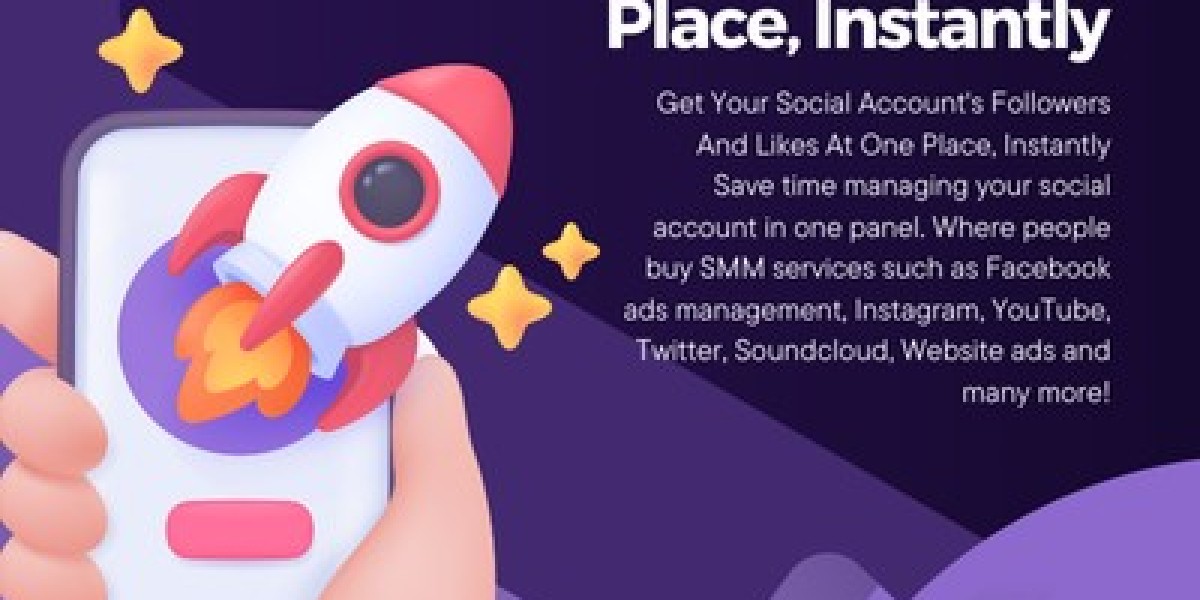In the digital age, streaming platforms like Spotify have become the main avenue for artists to share their music with the world. As an artist, the number of plays or streams your songs receive can significantly impact your success, affecting everything from chart rankings to brand partnerships. Because of this, many artists are tempted to buy plays on Spotify to boost their visibility and increase their presence on the platform. However, the question remains: Is buying plays on Spotify a good strategy for artists? In this article, we’ll explore the pros and cons of purchasing plays and the potential impact this practice can have on an artist’s career.
The Appeal of Buying Plays on Spotify
The allure of buying plays is understandable. In the competitive world of music, an increase in plays can help an artist’s music get noticed by a broader audience. Higher play counts can make tracks appear more popular, which may encourage organic listeners to check them out. Additionally, Spotify’s algorithm tends to favor songs with more plays, which can lead to better placement in curated playlists and higher visibility on the platform. This visibility can, in turn, attract more organic listeners, driving further streams and engagement.
For emerging artists or those looking to make a big splash, purchasing plays might seem like an attractive shortcut to gaining attention quickly. The idea is that by artificially inflating their play count, they can create social proof, signaling to potential listeners and industry professionals that their music is worth checking out. A higher play count can also increase the chances of the track being included in Spotify’s algorithmic and editorial playlists, which can provide long-term growth.
The Risks of Buying Plays on Spotify
While purchasing plays may offer a temporary boost, the risks associated with this practice far outweigh the potential benefits. One of the biggest concerns is that the plays you buy are often generated by bots or fake accounts. These plays do not come from real listeners who are genuinely interested in your music. As a result, they do not lead to meaningful engagement, such as follows, shares, or playlist placements, which are crucial for long-term success.
Spotify has a sophisticated system for detecting fraudulent activity, including fake plays. The platform actively monitors for suspicious behavior, such as sudden spikes in play counts from unverified sources. If an artist is caught buying plays, their account could face penalties, including the removal of fake plays, a decrease in visibility, or even a complete ban from the platform. These actions could severely damage an artist’s reputation and credibility, making it harder to build an authentic following in the future.
Another major downside of buying plays is that it undermines the integrity of the music industry. The number of streams an artist receives should reflect the genuine popularity and quality of their work, not an artificial inflation of their play count. When an artist resorts to buying plays, they risk alienating loyal fans and damaging their professional reputation within the industry. Many listeners value authenticity and transparency, and discovering that an artist has purchased plays could turn potential fans away.
Long-Term Growth and Sustainable Success
While purchasing plays may offer a short-term boost in visibility, it does not provide long-term benefits. Sustainable success on Spotify—and in the music industry at large—requires building an authentic and engaged fanbase. Artists who focus on creating high-quality music, promoting their work through social media, engaging with their audience, and leveraging playlists and collaborations will see organic growth over time.
Spotify’s algorithm rewards genuine engagement, such as the number of followers, playlist adds, and interaction with listeners. By focusing on real, organic growth, an artist can attract dedicated fans who are more likely to support their career in the long run. This approach also allows for more opportunities for collaborations, brand partnerships, and live performances, which are crucial for building a lasting music career.
Conclusion
In conclusion, while buying plays on Spotify may seem like an easy way to gain visibility, it is not a viable or ethical strategy for long-term success. The risks of facing penalties from Spotify, damaging your reputation, and failing to create meaningful engagement with your audience make purchasing plays a dangerous practice. Instead, artists should focus on building an authentic following through high-quality music, consistent promotion, and genuine fan engagement. Sustainable success on Spotify is achieved through hard work, creativity, and an authentic connection with your audience, not through shortcuts like buying plays.








